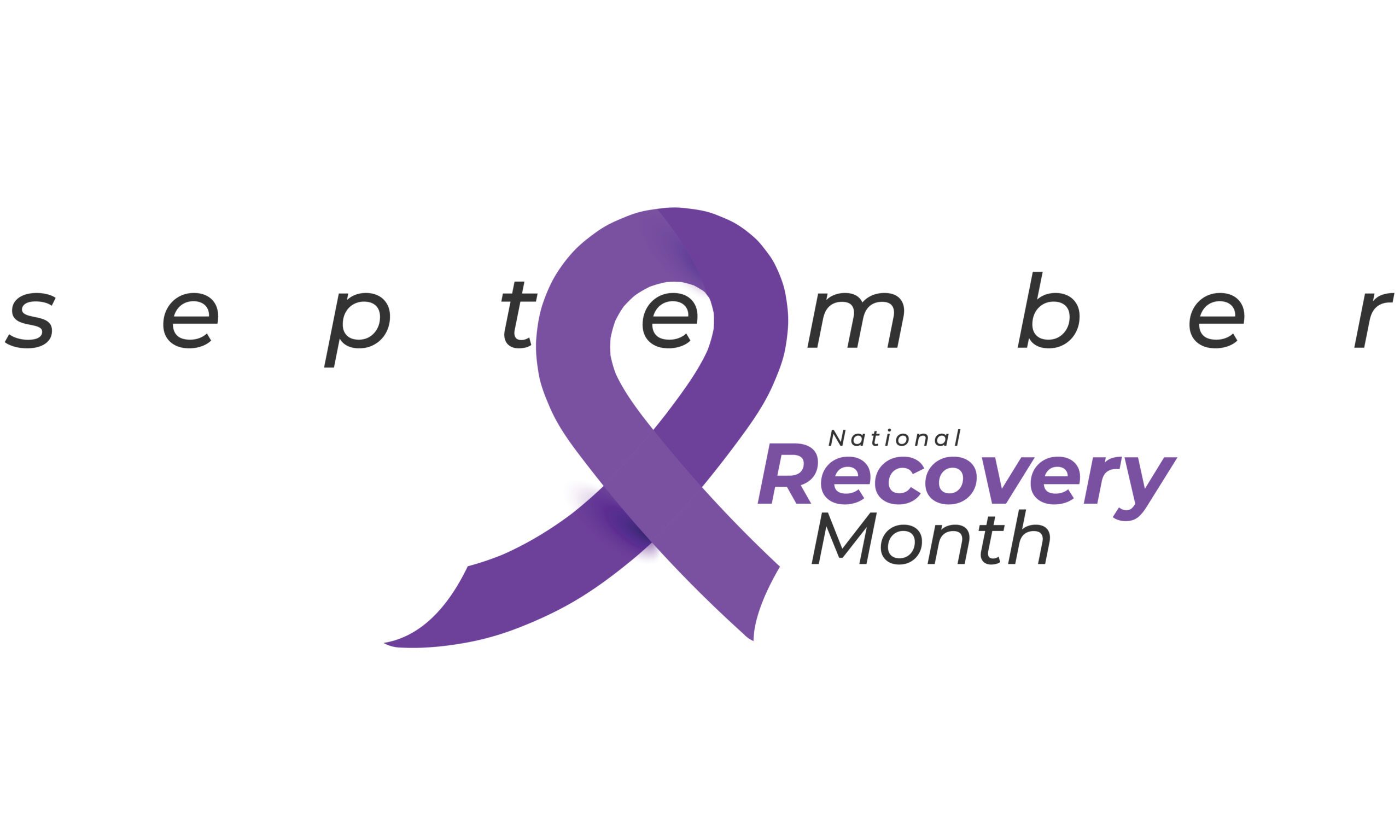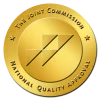As September arrives, so does National Recovery Month—a time dedicated to acknowledging the strength and resilience within you. If you’re on the path to recovery from a mental health crisis, this month is about celebrating your courage and reminding you that you’re not alone.
Every September, National Recovery Month provides a moment to recognize the progress in mental health awareness and treatment. It’s an opportunity for you to reflect on your personal journey, no matter how small your steps may seem. This month also highlights the collective efforts being made to improve mental health care across the nation.
How Awareness Supports Your Recovery Journey
Raising awareness about mental health issues isn’t just a campaign; it’s an essential part of creating a supportive environment for your recovery. Increased awareness can directly benefit you and others on similar paths by:
Breaking the Silence
Talking openly about mental health chips away at the silence that often surrounds these issues. It tells you that your experiences are valid and that it’s okay to discuss what you’re going through. As more people share their stories, you might find comfort in knowing that others have faced similar challenges and emerged stronger.
Educating the Public
Awareness campaigns spread accurate information about mental health conditions, treatments, and recovery processes. This education helps dispel myths and misconceptions that may have left you feeling misunderstood or isolated. As those around you become more informed, you’re likely to experience more empathy and support in your daily interactions.
Encouraging Early Intervention
Increased awareness often leads to earlier recognition of mental health issues. While this may not directly change your current journey, it contributes to a society where future generations might receive help sooner, potentially preventing crises like the one you’ve faced.
Improving Access to Resources
As mental health becomes a more prominent topic, more resources are often made available for support and treatment. This could mean more support groups in your area, expanded telehealth options, or new community programs that could aid your recovery.
Challenging Stigma
Stigma can be one of the toughest obstacles in a mental health recovery journey. It might make you hesitate to seek help, reluctant to open up to loved ones, or even cause you to doubt your experiences. National Recovery Month plays a crucial role in challenging these stigmas:
It normalizes mental health discussions: When mental health conversations become part of the mainstream, it reduces the sense of ‘otherness’ often associated with mental health conditions. This normalization can help you feel more comfortable discussing your experiences and seeking support when you need it.
It showcases stories of recovery: Hearing stories of recovery reminds you that your current struggles don’t define your future. They offer hope and practical insights that you might apply to your own journey.
It educates about mental health issues: Awareness efforts often stress that mental health conditions are real, treatable health issues—not character flaws or personal weaknesses. This understanding can help ease feelings of guilt or shame you might be grappling with.
Your Role in National Recovery Month
While it’s important to recognize the broader impact of National Recovery Month, remember that your personal journey is at the heart of this observance. Here are some ways you can engage with the month’s activities to support your recovery:
- Reflect on your progress: Take time to acknowledge how far you’ve come. Recovery isn’t linear, and every step forward is significant.
- Share your story: If you feel comfortable doing so, share your own story. Your experiences could provide hope and insight to others. However, only share if and when you feel ready.
- Educate yourself: Use this month as motivation to learn more about your mental health. Understanding your condition and treatment options can be empowering.
- Practice self-care: Use this month’s energy to reinforce your self-care routines. Remember, taking care of yourself is a crucial part of your recovery.
If you’re struggling, use the increased awareness as an encouragement to seek help. Whether it’s talking to a trusted friend or family member or contacting a mental health professional, remember that seeking support is a sign of strength.
At Creekside Behavioral Health in Kingsport, Tennessee, we offer a variety of programs and services for adults and adolescents. Please contact us to learn more about our treatment options.







